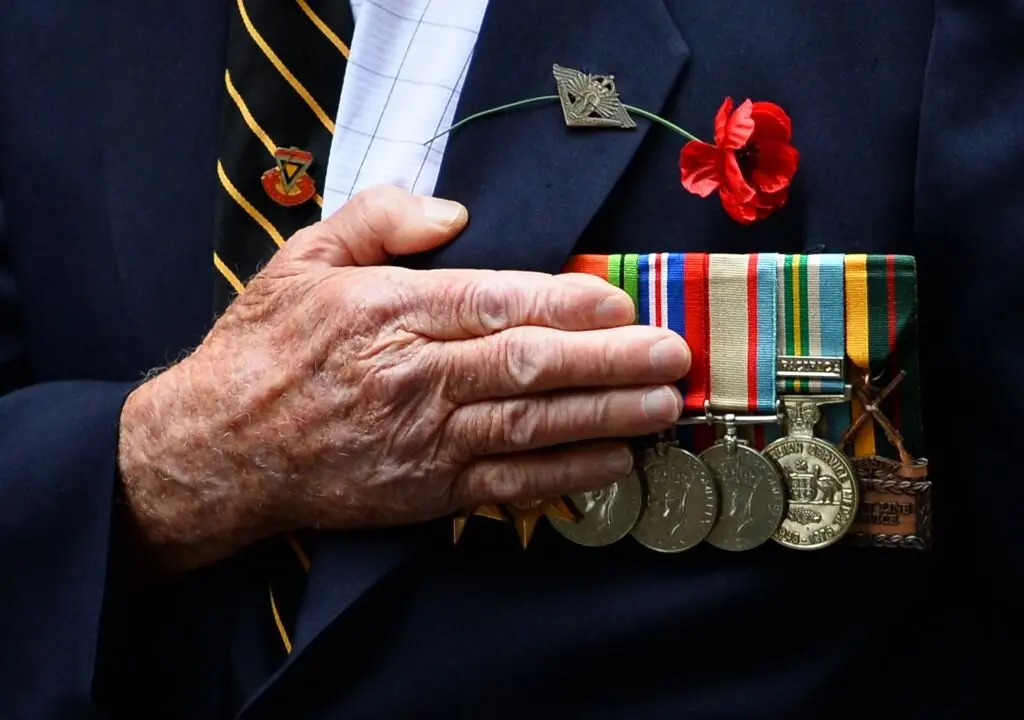Veterans’ claims have surged dramatically over the past year, driven by what some are calling an “economic crunch” combined with improved processing times at the Department of Veterans’ Affairs (DVA).
Many veterans, once deterred by delays in the claims process, are now filing as they find the DVA’s response times accelerating.





